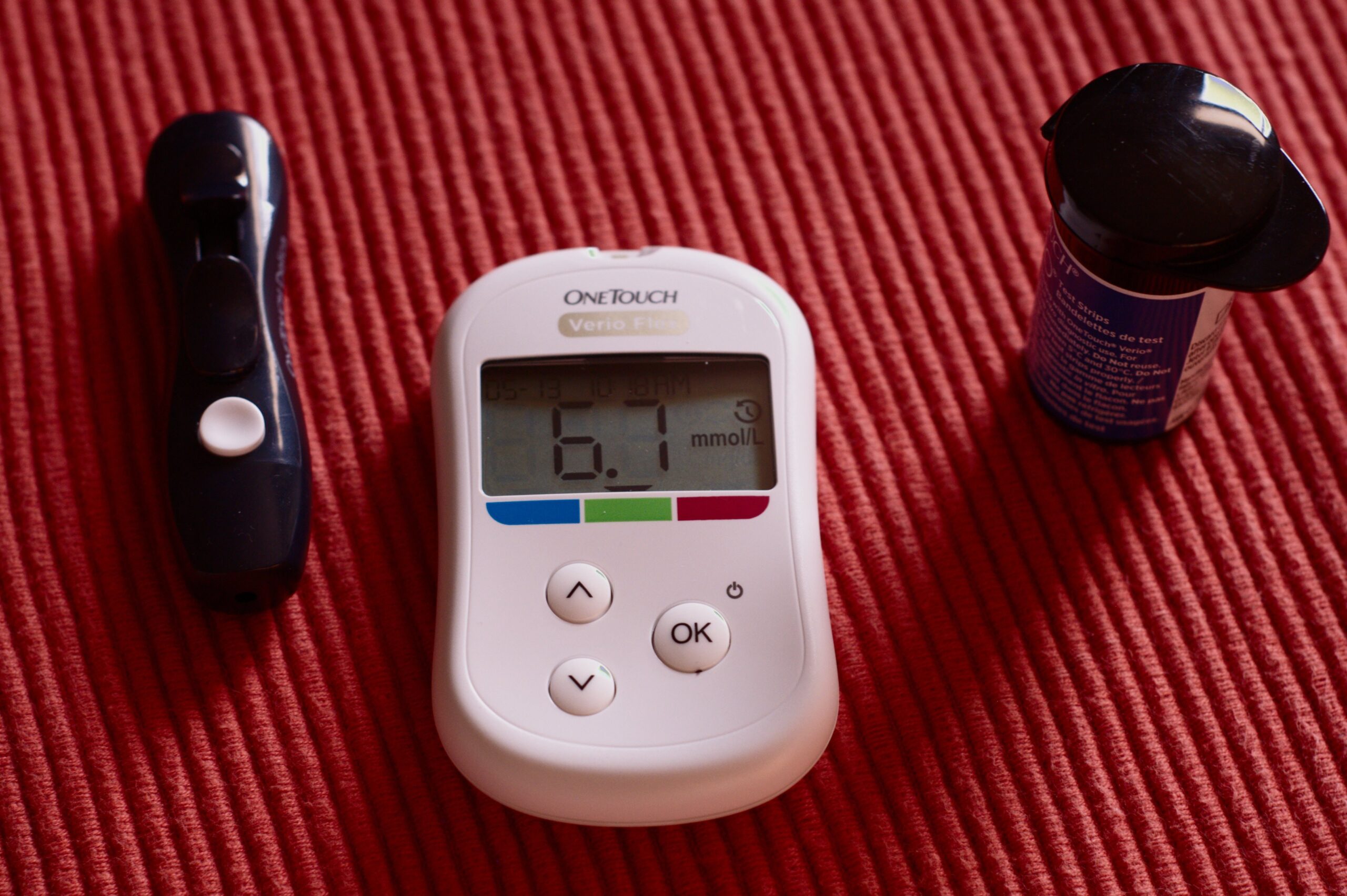Reproductive health, for both men and women, has become an increasingly popular topic as fertility disorders have led 15% of couples unable to conceive in the United States. A staggeringly high statistic for a process that human bodies are designed to carry out naturally and with ease, right? The truth is, with all the external factors affecting fertility, conceiving is becoming progressively more difficult these days, and everyone might need a little help. But before jumping to invasive procedures, injections, and other expensive fertility treatments, perhaps you can consider taking a long look at your diet. Over the years, multiple studies provide evidence that through a fasting or a low carbohydrate diet it is possible to enhance fertility naturally.
What, how, and when anyone consumes anything can alter the delicate balance of all the body’s systems. At a time when couples may feel lost, changing dietary habits may put them back in control of their fertility. A 2017 review of multiple studies suggests adhering to a low carbohydrate diet as an option for fertility enhancement. The science behind this method suggests that a lower carbohydrate load can decrease circulating insulin levels while improving hormonal balance. These two functions in conjunction can support fertility in some women by kickstarting the ovulation process.
Low carb just not an option for you? No problem. Another option to consider while working to boost fertility is through fasting. You might be thinking “it doesn’t seem right to restrict calories when trying to create a home for a baby,” which is understandable. But science is suggesting otherwise. A 2019 review article from The New England Journal of Medicine promotes intermittent fasting for its health benefits which can relate to positive change in fertility. For example, reduction in weight, inflammation, and chronic disease, three rather large barriers to a healthy reproductive system and conception. Additionally, while a metabolic shift occurs in the fasting state which generates these positive changes, regulatory hormones are adapting as well.
Keeping reproductive hormones balanced is key to fertility. These hormones determine the entire process of conception from the very first step. One study found that fasting for overweight and obese women, even for a short period of time, can increase luteinizing hormone, which controls the menstrual cycle and release of the egg from the ovary. Another study that focused on the fasting habits of those who observe Ramadan, found that like a low-carb diet, fasting can reduce insulin levels and improve sex hormones.
While a low-carb, ketogenic, or fasting diet may be the answer to fertility disorders for some, it won’t be for others. Research regarding the effect on fertility that fasting and ketogenic diets could have are few and far between at this point in time and most of those studies published refer to those persons overweight or obese. Additionally, while a low carbohydrate diet may enhance fertility in some women, there is little to no research on how to properly carry out the dietary change. There are no set recommendation for amount of carbohydrate in the diet or measurement of time set forth for expected positive results. As for fasting options, provided research offers the health benefits associate with fasting that could improve fertility, but the correlation is not direct.
Fasting and Keto (low carb) diets may be the answer you and your partner are looking for to support fertility naturally. But, as always, it is important to discuss any dietary change with your doctor especially on the topic of fertility.



